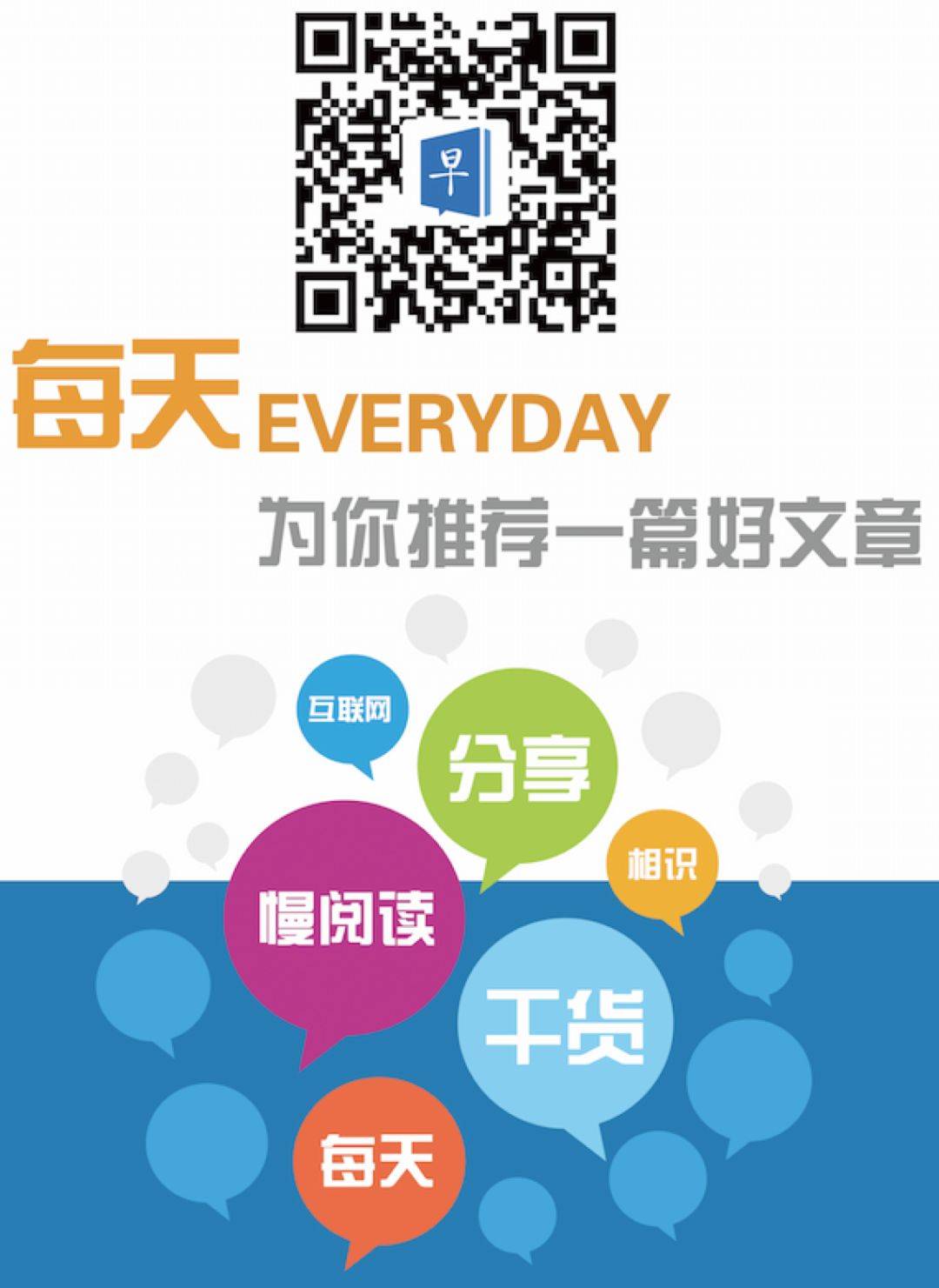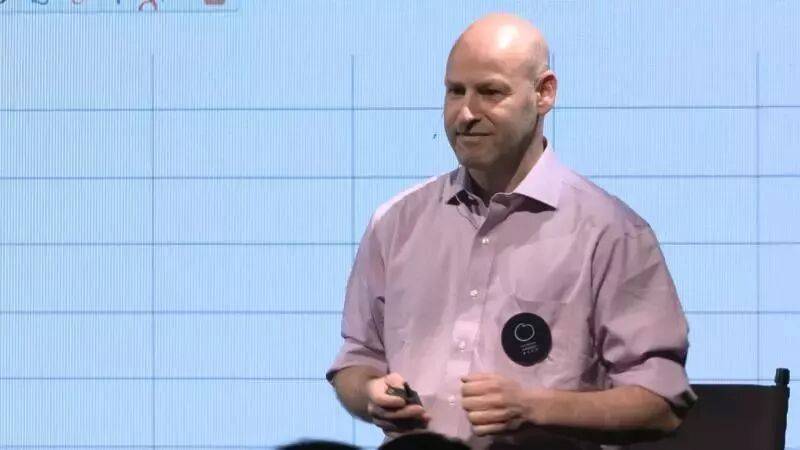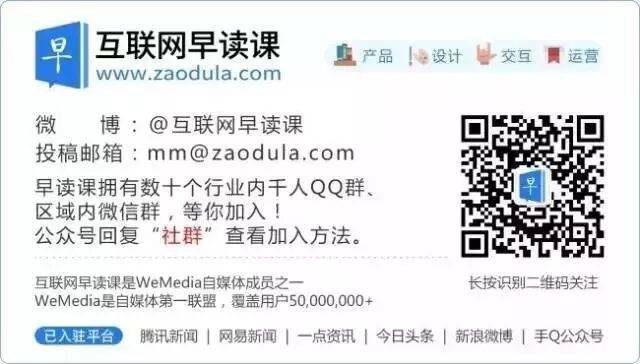19613
 Morning reading course for Internet ers 800,000 Internet peers follow! Focus on product operation and design selected content! 
Ethereum will promote disintermediation around the world, allowing consumers to directly contact content resource providers and service providers, realizing a true "sharing economy". 
A few years ago, I saw Vitalik Buterin's white paper on Ethereum, and immediately realized the value of Ethereum, fully participated in its development and construction, and became the largest investor in Ethereum. In just a few years, Ethereum has been recognized by more and more investors and companies, becoming the world's second-largest blockchain asset after Bitcoin. Applications developed on Ethereum have begun to be used in many fields, promoting the "implementation" of blockchain in specific business scenarios. In today's course, I will share with you the underlying technology of Ethereum and its commercial applications, and explore how blockchain will change our present and future. Ethereum: Let blockchain technology "land in business"” The financial disaster of 2008 caused people to question the traditional form of currency trading. In 2009, Satoshi Nakamoto published the "Bitcoin White Paper: A Peer-to-Peer Electronic Cash System", and "Bitcoin" began to enter people's field of vision. Bitcoin is the first system to solve the double-spend problem through a decentralized approach that does not rely on a single centralized ledger. Its emergence marks the birth of a new financial and monetary system, which has had a great impact on the traditional financial model. As more and more people start using Bitcoin, one problem becomes prominent: Creating applications on Bitcoin is very difficult and only a very small group of experts (protocol masters) are capable of doing it. This severely limits the scalability of Bitcoin, making it difficult to apply it to other more complex business services except virtual currency transmission. To solve this problem, Vitalik Buterin released the Ethereum white paper in November 2013. In 2014, Ethereum's algorithm and protocol were officially launched and raised US$150 million. The Ethereum system was finally completed and launched on July 30, 2015. The core value proposition of Ethereum is to enable all non-expert programmers to develop their own applications on the system. It has a built-in blockchain protocol in a programming language, which hides the complex underlying technology and lowers the threshold for blockchain development. Any developer can develop and publish applications on it, formulate and execute smart contracts. A smart contract is actually a computer contract that can be automatically executed based on specified triggering rules. It can also be regarded as a digital version of a traditional contract. Applications and smart contracts developed on Ethereum can not only be used in financial fields, such as crowdfunding systems, digital currencies, financing, asset management, etc., but also in non-financial fields, such as lease management, multi-signature security account management, and supply chain tracking and monitoring. The emergence of Ethereum and smart contracts has provided more possibilities for the "implementation" of blockchain technology in business. Web 3.0: Disrupting the most powerful tech companies The main content in the Web1.0 era is images, text and hyperlinks. In the Web2.0 era, more rules appeared, interactive functions began to develop, and e-commerce, mobile terminals, and social networking all developed at this time. Increasing efficiency and competitive business activities started as a decentralized network and slowly turned it into a centralized network wrapped together. In the 2.0 era, we have our identities spread around the web, stored on corporate servers, and monetized by companies that often do a poor job of protecting your identity. Technology giants such as Facebook, Amazon, and Google, as well as “brick and mortar” giants in the financial and retail industries, all have data leakage and consumer trust issues to varying degrees. This failure is not just due to gaps in the security protocols of the companies that store consumer data, but is rooted in flaws in the current monetary system, which cannot provide true protection and anonymity for any transaction. Web3.0 will solve this problem and may subvert technology giants such as Google and Facebook. The Web3.0 era will be composed of Ethereum or a platform similar to Ethereum, mainly covering trusted transactions, automated protocols and software projects based on global computers, with decentralized storage functions, decentralized bandwidth and decentralized giant computing functions. Ethereum will become our global computer. It provides a separate execution space, as if everyone was sharing the same computer. If I upload a program on my own computer, everyone in the world can use it. In the 3.0 era, you will have full control over your identity information and can selectively process files according to your wishes. You can participate in this protocol-based open platform, become a member of many participants, and participate in the internal market in different roles. On this decentralized platform, no participant will be completely controlled by others, and their personal information will not be used by commercial companies for profit. Consumers no longer transact online with giant, faceless companies—companies that collect, resell, or lose all of their data. Ethereum Enterprise Alliance: Future business activities will be completely blockchain-based In the future business world, most companies will put their business processes in the enterprise blockchain for processing. Suppose your company's contractor wants to maintain data cooperation with you. But they don't want to use your data facilities. Instead, they want to use other similar tools instead. At this time, you can easily and quickly build a new blockchain for data sharing between the two parties. As long as there are two transaction parties and a database, a blockchain can be built. In this blockchain, you can form membership relationships, add new members to the system, and remove certain members appropriately. Blockchain technology can help companies streamline business processes (such as the clearing and settlement of financial securities) and save operating costs. According to a report released by technology service provider Accenture, blockchain technology is expected to save US$8 billion to US$12 billion in costs for the world's top 10 banks, accounting for approximately 30% of the costs required to operate existing data centers. This has attracted many well-known companies to invest huge amounts of capital to build their own enterprise blockchain platforms. JPMorgan Chase developed the Ethereum system “Quorum” to process cross-border cash transactions for its companies. IBM has also launched the blockchain open source project "Hyperledger Project" under the Linux Foundation. This technology has been used by Walmart for supply chain management. On February 28, 2017, we established an organization called the Ethereum Enterprise Alliance (EEA), with hundreds of different companies participating, including Intel, JPMorgan Chase, Microsoft, etc. The EEA aims to make it easier for enterprises to use Ethereum blockchain code through cooperative development of standards and technologies, use blockchain transactions to share digital records, simplify enterprise business processes, and improve transaction efficiency. ▌Disintermediation: No middlemen make the difference In current business activities, intermediaries play a big role. It can effectively lower prices, reduce trade friction and increase transaction value. However, intermediaries like to deliberately highlight their position in transaction activities and tend to extract more benefits from transactions. Uber is not really a sharing economy, they are actually a large intermediary that introduces resources to distribute to consumers and obtains a large intermediary fee from the transaction. The real sharing economy is to replace large institutions with intermediaries of appropriate size, or to eliminate intermediaries directly. Ethereum will promote disintermediation around the world, allowing consumers to directly contact content resource providers and service providers, realizing a true "sharing economy". In the current mainstream music trading platforms, intermediaries have to take 70% to 80% of the commission. The blockchain system will break this situation, and consumers will be able to access all these elements in a more direct way in the blockchain system. Ujo is a blockchain music platform where artists can upload their songs and the terms of use of the songs. Consumers can enjoy lower prices, and artists can immediately receive all the income from their works. Artistic creation will also be “decentralized.” Nowadays, artistic creations such as movies and novels are written by a small group of artists in a private environment, and they control the direction of the script and story. Moreover, most of the artistic creations of these artists are market-oriented and driven by business groups and commercial interests. In the future, we will be able to use blockchain technology to allow many users to collaborate to create artistic content, allowing art to be created in a "decentralized" way. Cellarius is one such platform, and many artists from around the world are already working on this project. summary For a long time, we have been accustomed to "centralized" operations and top-down command and control in society, but I think we should create a better world. In the near future, every aspect of our lives will be transformed and subverted by blockchain. With the help of Ethereum, we can realize the application and implementation of blockchain technology and create more "decentralized" tools and technologies. These tools can not only make our economy more prosperous, but also transform our cultural and political systems, allowing more people to be qualified to share information, culture and power, and making our society more fair and democratic. (over) 「The Chaos Scholar said」 Click on the video ☟ to see the technical applications and inspirations of blockchain
This article was originally published by Hundun University (ID: hundun-university), and is authorized to be reprinted by the Internet Morning Reading Class. The content only represents the independent views of the author and does not represent the position of the Early Reading Class. If you need to reprint, please contact the original author. Recommended reading:
 |